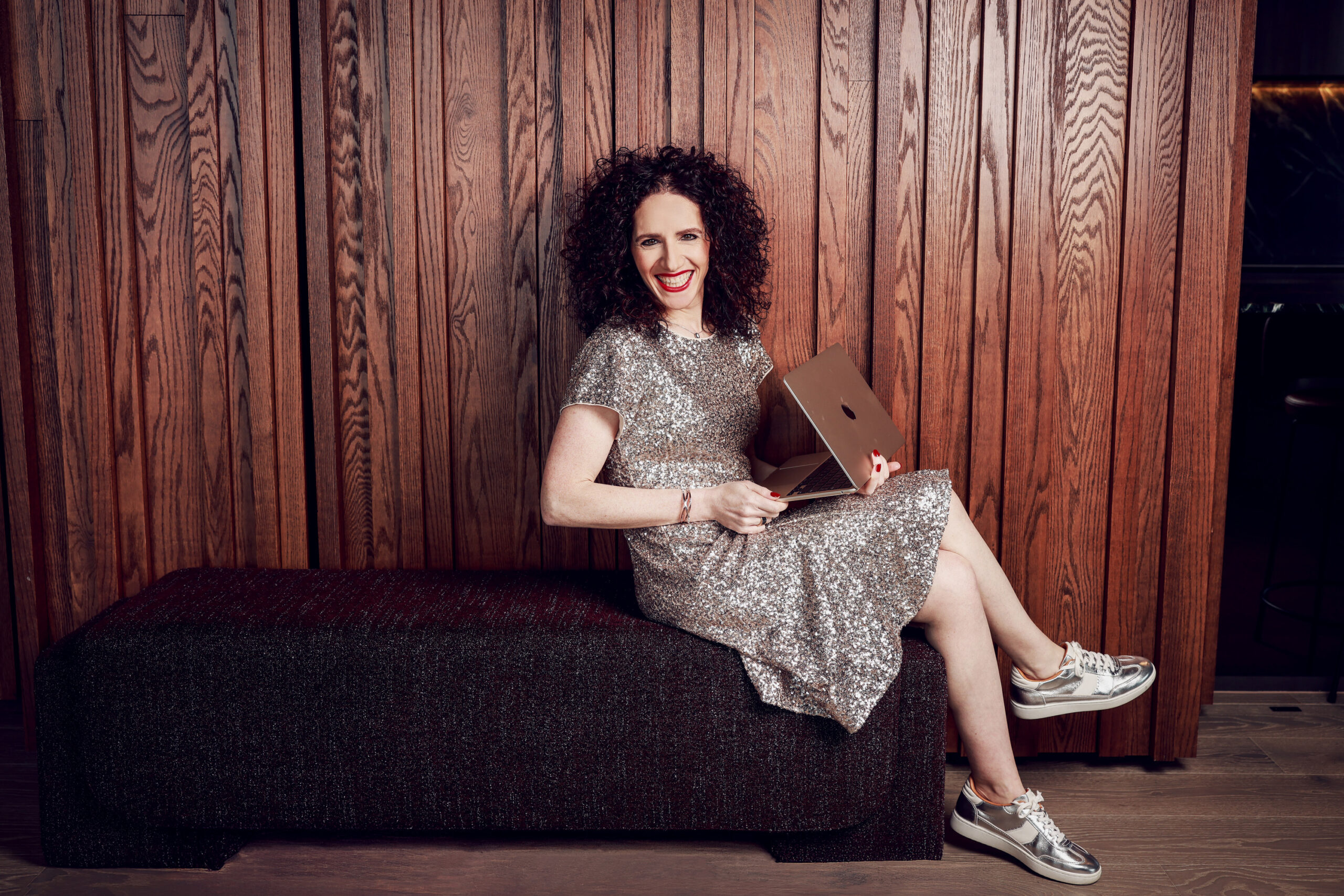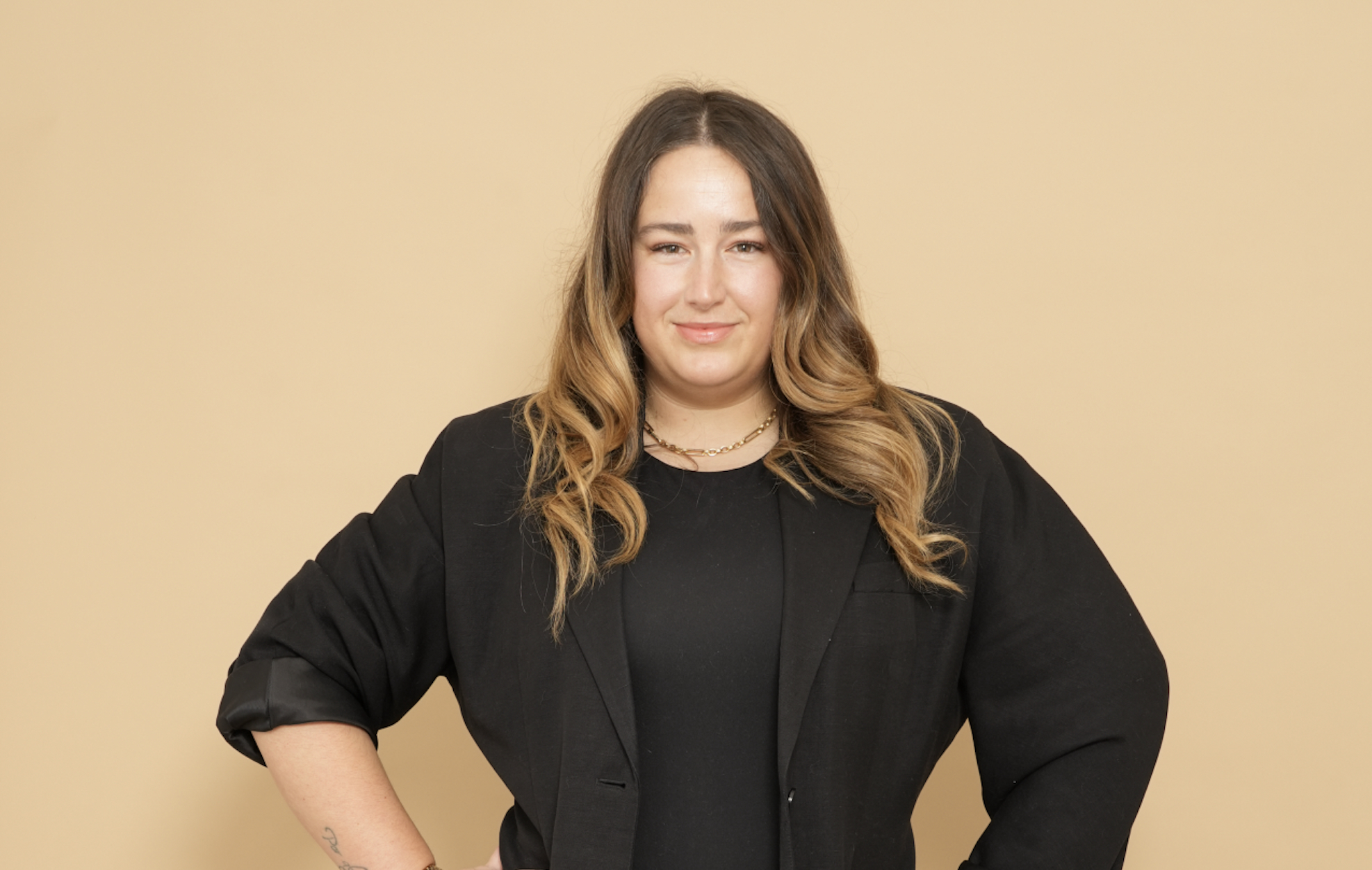
By Marsh Rose
I never had a name for my relationship with Jack. We met when I was 40 and he was 47. Even at that age, calling him “my boyfriend” would have sounded silly, and outright ludicrous by the time I was 75 and he was 82.
‘A Version Of The Truth’ is my memoir that explores the dynamics in a relationship like this one, when one partner in a long-term relationship falls ill and there is no “in sickness or in health” agreement that comes with traditional marriage.
When we got together in the 1980s, the Summer of Love had already blasted the relationship rules. Along with other Baby Boomers, we felt no need for what we saw as tedious formal bureaucracy. Marriage was for our parents’ generation (and every generation before them going back for centuries). I was renting a small bungalow, perfect for one single woman, in Northern California and Jack, a local construction worker, lived on his farm down the road.
We met over a particularly thorny DIY project in my rental, realized the attraction, and from then on, at first we spent two nights a week together, and then afternoons and nights after we both retired. We talked on the phone daily, and treated ourselves to the occasional three-day getaway at the Coast.
Within our third decade I had moved to a home of my own 40 miles away from Jack, but we maintained our twice-weekly routine. By then we had seen one another through houses, careers, pets, cars, crises and celebrations, none of which required a title or identification for our relationship. That situation changed with the changes in Jack’s health.
My job as a psychotherapist had made no physical demands. I sat and listened. For Jack, the daily rigors of ladders, power tools, heavy lifting and toxins took their toll on his knees, hips, shoulders, hearing, and breathing. After numerous corrective surgeries along with a heart attack and a prostate cancer diagnosis of the “wait and watch” variety, by 2013 Jack had a growing list of health care professionals and concerns.
Since he had no computer, I kept track of his appointments, his medication, his diet. But the Excel spreadsheets didn’t ask me to show my credentials. The first time I needed a name for this relationship, Jack had phoned to say he was in the emergency room in extreme abdominal pain. I rushed to the hospital, thundered through the doors, raced to the front desk. Where was Jack? He was heading for surgery, possibly a kidney stone.
I must go to him, I cried. The nurse, with her eyebrows raised, asked: Was I his spouse, sister, domestic partner? No, I said. Daughter? Thanks, but no. Related by blood or marriage? Nope. Registered nurse, certified caregiver? I was not. So, Jack must be consulted before I could be granted an audience. I paced in the lobby until they talked to Jack, got his OK, and let me in.
In the next call for my credentials, I was on the phone with Medicare. Jack’s hearing loss and frustration with bureaucracy made phone conversations grueling and he needed to ask them a question. I called on his behalf, but Medicare refused to chat with some untitled woman who simply insisted she knew him. I had to call back on a day when Jack could stand beside me and shout that I was not a crook (flashback to Richard Nixon). Medicare wrote my phone number in his file. I don’t know what they wrote on the line titled “Relationship.”
As his health worsened and his memory began to fail, the situation became critical. One Sunday I tried to phone Jack and got a recording telling me his service had been discontinued. With 40 miles between us and no way to reach him, I called the phone company. They wouldn’t talk to me, some untitled strange woman.
I was in a panic for 48 hours, and Jack’s arrival didn’t assuage my concern. Apparently, he said, he had forgotten to pay his phone bill… for three months. I felt my anxiety level rising, wondering what else he might be forgetting. What about his electricity, insurance, the other monthly financial requirements? After weeks of pleading, he finally agreed to bring his mail and checkbook to my house on Tuesdays. I would open the bills and write the checks, he would sign them and I’d mail them from the mailbox at my curb.
With no precedent and no defined role, I began to invent remedies and rules. There was the art of the benevolent lie. A white lie gets you off the hook. A benevolent lie rescues someone else. Jack was proud of his role as my on-site electrician, carpenter, plumber, digger of holes for tree roots, installer of ceiling lights. And now my rain gutters needed cleaning.
Jack had difficulty maintaining a stable gait while walking, the residue of that stroke. Climbing a ladder could be treacherous. He would want to do the job. He would feel embarrassed to relinquish the reins. So, the benevolent lie. I told Jack, without meeting his eyes, that a local handyman was in dire straits.
His wife had unexpectedly given birth to twins. (She’d been on fertility drugs for a year. The babies were possibly the most-sonogrammed fetuses in history.) I needed an excuse to slip Mike some money, I murmured in that way we do when we’re musing over a problem. Perhaps, he could clean the rain gutters…?
I knew I wasn’t alone. There are thousands of us Baby Boomers who dodged the formalities as young adults and who now were without a safety net as we faced our partners’ health concerns. My friends offered advice. Just formally declare Jack as a domestic partner, they said. After all, they reminded me, I don’t have to say that we live together, sort of, only twice a week.
As it turned out, I would indeed have to say. In California, the rules are stern, formal, and clearly stated. We would have needed to cohabit for an entire tax year. We’d risk a stiff fine or even jail time if we tried to break the law. (A real law, not one of these social rules laid down afresh with each generation. Those, we already broke.)
So when it’s not blood ties or written decrees, what title do those of us in this situation invoke when, say, we’re on hold with our partner’s cardiologist or oncologist while his office decides if they can talk to us? How do I label the role I’ve been playing since Reagan was president?
There’s a twist at the end of this memoir and I don’t want to spoil the surprise, so let’s agree that the folks who come up with titles and labels will probably never invent a name for the nameless things we do in the name of love.
ABOUT THE BOOK: After forty years of sharing quiet companionship with Jack, meeting twice a week, living separately and loving each other in their own way, Marsh Rose is left with more questions than answers after a sudden crisis ends their time together. In her new memoir, ‘A Version of the Truth’ (Sunbury Press, October 7), Marsh reflects on the mysteries that even deep intimacy can never fully solve.
Set in Northern California wine country, the book moves through decades of small but meaningful moments, from home repairs to bird feeder battles to the adoption of a dog, and ending with a surreal twist, painting a portrait of an unconventional love. This is a story of grief, aging and coming to peace with uncertainty.
With tenderness and clarity, ‘A Version of the Truth’ invites readers to consider what it means to truly know another person and how we construct meaning from what we’ll never fully understand.


Marsh Rose is an author, freelance writer and psychotherapist. Her preferred genre is memoir and creative nonfiction, and her short stories and essays have appeared in a variety of publications including Cosmopolitan Magazine, the San Francisco Chronicle, Salon and Carve Magazine among others. Her essay, “False Memory,” won first prize for creative nonfiction from New Millennium Writings in 2018 and she was a winner in Tulip Tree’s “Wild Women” contest, June/July 2025, for her essay “Dinosaur Rock.” She has also authored two novels, ‘Lies and Love in Alaska’ and ‘Escape Routes’. Marsh began her writing life at the age of 14 as a cub reporter in Massachusetts, changed careers when she became a licensed psychotherapist in 1992, and now divides her time among writing, her on-line psychotherapy practice, and her passion for rescuing racing greyhounds. See more of Marsh’s work on her website.
















